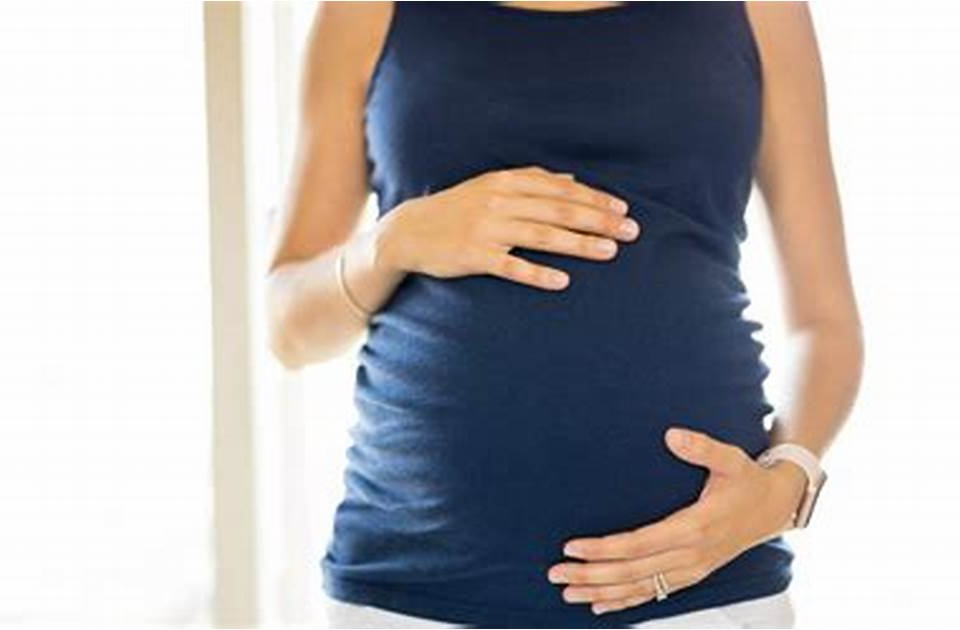
How I Overcame Infertility Caused by Endometriosis
I always thought I’d get pregnant the way most women do—without a hitch. I had no reason to believe anything would be wrong. But when I hit my late 20s, something started to feel off. Month after month, I saw that little red line on the pregnancy test, and my heart sank. My husband and I had been trying for almost a year, and still, no luck. Then came the pain. Severe cramps that felt like nothing I’d ever experienced before. It wasn’t just a little discomfort; it was crippling.
It wasn’t until my doctor suggested I might have endometriosis that things started to click.

What Is Endometriosis?
Endometriosis is a condition where tissue similar to the lining inside the uterus starts growing outside of it, often on the ovaries, fallopian tubes, or other organs in the pelvic area. This abnormal tissue can cause inflammation, scar tissue, and even blockages that make it difficult for an embryo to implant or for the sperm to meet the egg. It’s more common than you might think—an estimated 1 in 10 women suffer from endometriosis, but many don’t even know it.
Dr. Laura Evans, a fertility specialist, explained it like this: “Endometriosis can severely affect a woman’s fertility. The inflammation and scarring it causes can distort the fallopian tubes and ovaries, making it harder to get pregnant naturally.” That was my case. After a laparoscopy to confirm the diagnosis, I was devastated. The endometriosis had caused significant scarring, which made it harder for my eggs to travel through the fallopian tubes and reach the uterus.

The Emotional Toll
The hardest part wasn’t just the physical pain, but the emotional toll it took. Each month when I wasn’t pregnant, I felt like I was losing time. I was already in my early 30s, and with endometriosis affecting my fertility, I felt like the clock was ticking even faster. Friends and family members, many of whom were having babies effortlessly, would innocently ask, “When are you going to start your family?” And while I smiled and tried to brush it off, it was a constant reminder of what I didn’t have.
The most painful thing was not knowing what was wrong, and feeling completely out of control. Dr. Sarah Miller, a renowned fertility expert, says, “Infertility can feel isolating, especially when you don’t have clear answers. But the truth is, most women with endometriosis can get pregnant with the right treatments.”
Exploring My Options
After my diagnosis, I felt overwhelmed. I didn’t know where to start. But what I did know was that I wasn’t ready to give up. I began researching every option available—medications, lifestyle changes, and, of course, IVF (in vitro fertilization). Dr. Evans recommended that we try medication first to manage the endometriosis, along with IUI (intrauterine insemination). This would help clear up the inflammation in my body and increase my chances of conceiving naturally.
I started medication to help control the endometriosis symptoms, which included hormonal treatments that suppressed the abnormal tissue growth. I also focused on managing stress, improving my diet, and exercising regularly to keep my body in the best shape possible for pregnancy. I was determined to give my body the best chance to heal.
IVF: My Final Step
After several rounds of unsuccessful IUI, my fertility doctor and I decided it was time to try IVF. This would give me the best possible chance of getting pregnant, given the scarring and other complications caused by my endometriosis.
I won’t lie, IVF was exhausting—physically and emotionally. The hormone injections, the ultrasounds, the waiting. It felt like a constant cycle of hope and disappointment. But after one round of IVF, I finally saw the positive pregnancy test. It felt surreal, like a dream come true.
Today, I am the proud mother of a healthy baby boy. My journey wasn’t easy, but it was worth every tear, every needle, and every test. I’m so grateful for the expertise and compassion of the doctors who guided me through the entire process.
What I Learned About Endometriosis and Fertility
Through my experience, I’ve learned that endometriosis doesn’t have to be a roadblock to motherhood, but it does require more patience, planning, and support. Here are a few things I want other women to know:
- Don’t ignore the symptoms: If you’re experiencing severe pain during your period, pain during intercourse, or trouble getting pregnant, don’t dismiss it. See a doctor early. Early diagnosis can make a huge difference.
- It’s not the end of the road: Dr. Miller reassured me, “With the right treatment and a plan, women with endometriosis can get pregnant. You may need IVF or other assisted reproductive technologies, but it is possible.”
- Focus on your health: Lifestyle changes like eating well, exercising, and managing stress can play a big role in improving fertility. While they won’t cure endometriosis, they can improve your chances of conception.
- Don’t be afraid to ask for help: It’s okay to lean on your partner, friends, and family. It’s okay to seek counseling for emotional support. Fertility struggles can be isolating, but you don’t have to go through it alone.
The Hope I Found
Endometriosis may have been a huge obstacle for me, but it wasn’t the end of my journey to motherhood. Today, as I hold my baby in my arms, I can’t help but reflect on the strength it took to get here. There were many moments when I thought I couldn’t continue, but with each step, I found hope. And that hope made all the difference.
If you’re struggling with infertility due to endometriosis, know this: You are not alone. There is help, and there is hope. Take it one step at a time, and don’t give up.





